In business, there’s a constant pressure to keep shareholders happy. Quarterly earnings reports, stock prices, and dividends often dictate the decisions companies make. But what happens when short-term shareholder demands conflict with long-term business success?
The best leaders understand that sometimes, it’s okay to disappoint shareholders, if it means making the right decisions for the company’s lasting future.
Here’s why leaders shouldn’t always chase immediate investor approval and why long-term thinking ultimately benefits everyone, including shareholders.
Chasing Short-Term Profits Can Cripple Long-Term Growth
Public companies are often judged by their quarterly earnings, forcing leaders to prioritize immediate profits over future investments. This can lead to dangerous decisions:
Cutting research and development to improve short-term margins.
Laying off employees to temporarily boost stock prices.
Underinvesting in needed technology, infrastructure, or the right employees.
While these moves might make shareholders happy today, they can weaken the company’s ability to compete in the future.
Take Amazon, for example. In its early years, the company prioritized growth over profits, reinvesting revenue into logistics, technology, and customer experience. Investors were impatient, but Jeff Bezos stuck to his vision. Today, Amazon is one of the world’s most dominant companies, not because it focused on short-term shareholder returns, but because it built a foundation for long-term success.
Innovation Takes Time
Game-changing innovation doesn’t happen overnight. It requires experimentation, risk-taking, iteration, and patience. Unfortunately, many investors want returns now because we live in that Amazon get it tomorrow age.
Companies like Apple, Tesla, and Google have all made long-term bets that weren’t immediately profitable. Apple invested heavily in product development even when sales were struggling. Tesla took years to turn a profit because it focused on building infrastructure for the electric vehicle market. Google consistently funds moonshot projects, knowing that some may fail but others could revolutionize industries.
If these companies had focused solely on making shareholders happy in the short term, they might never have achieved their industry dominance.
True leadership means having the courage to say: “We’re making strategic investments that won’t pay off immediately, but they’re necessary to position us for our future.”
Cost-Cutting for Short-Term Gains Backfires Alot
When companies hit rough patches, there’s immediate pressure from shareholders to cut costs aggressively. While trimming waste is smart, reckless cost-cutting can weaken the company in the long run.
Some companies slash marketing budgets, scale back employee training, or delay upgrading outdated systems in order to meet quarterly earnings targets. But these cuts often come at a hidden cost:
Reduced brand visibility, leading to slower revenue growth.
Lower employee morale and retention, causing long-term talent drain.
A weaker competitive position, as competitors invest while the company retreats.
Great leaders don’t just react to short-term pressures. They balance financial discipline with long-term vision, ensuring the company doesn’t sacrifice its future just to satisfy investors in the present.
Market Downturns Require Long-Term Thinking
During economic downturns or industry disruptions, shareholders often panic. They demand immediate actions to stabilize stock prices, sometimes at the expense of long-term resilience.
But downturns are when strong leaders stay focused on the big picture. Instead of making knee-jerk reactions to appease investors, they:
Double down on innovation while competitors pull back.
Retain key talent, knowing a strong workforce will drive the recovery.
Strengthen customer relationships, ensuring long-term loyalty.
For example, during the 2008 financial crisis, many companies slashed investments and froze hiring. But some, like Apple and Netflix, continued to innovate, launching new products and expanding their markets. When the economy recovered, they emerged stronger, while competitors who had prioritized short-term survival struggled to regain momentum.
Not All Shareholders Think Quick Returns
It’s important to remember that not all shareholders are short-term thinkers. While some investors demand immediate returns, others, especially institutional investors and long-term stakeholders understand the value of strategic patience.
Smart leaders communicate effectively with their investors, explaining why certain decisions may not yield instant results but are crucial for long-term success. They seek out investors who share their vision rather than constantly catering to those looking for quick profits.
By building a shareholder base that values sustainability over short-term gains, companies create a more stable financial foundation for growth.
How Leaders Can Manage Shareholder Expectations Without Sacrificing the Future
It’s one thing to say “We’re focusing on the long term”, but how do you manage investors who expect results now? Here are some key strategies:
Set the Right Expectations from the Start
Be Transparent About Trade-Offs
Balance Long-Term Investments with Short-Term Wins
Educate Investors on Sustainable Business Practices
Leadership Requires Courage
Great leaders don’t make decisions just to keep shareholders happy in the moment—they make decisions to ensure the company thrives for years to come.
There will always be pressure to deliver short-term results. But the companies that stand the test of time are the ones that invest in their future, even when it means taking the difficult path.
Because in the end, a company that prioritizes long-term success will create more value for shareholders than one that only chases immediate gains.
So, the next time a leader faces the choice between short-term shareholder approval and long-term business success, the right answer is clear: Think beyond today. Build for tomorrow.
With decades of experience studying why people buy and how to inspire loyalty, Kevin equips sales professionals and leaders to deliver exceptional value, ensuring customers return again and again.
Featured Links to Grow Your Influence:
Winning With Others: https://www.kevinsidebottom.com/stopgambling
Kevin’s website: https://www.kevinsidebottom.com
Kevin’s email: kevin@kevinsidebottom.com
The Sales Process Uncovered Membership Page
https://www.kevinsidebottom.com/pricing-page
The Sales Process Uncovered Book

